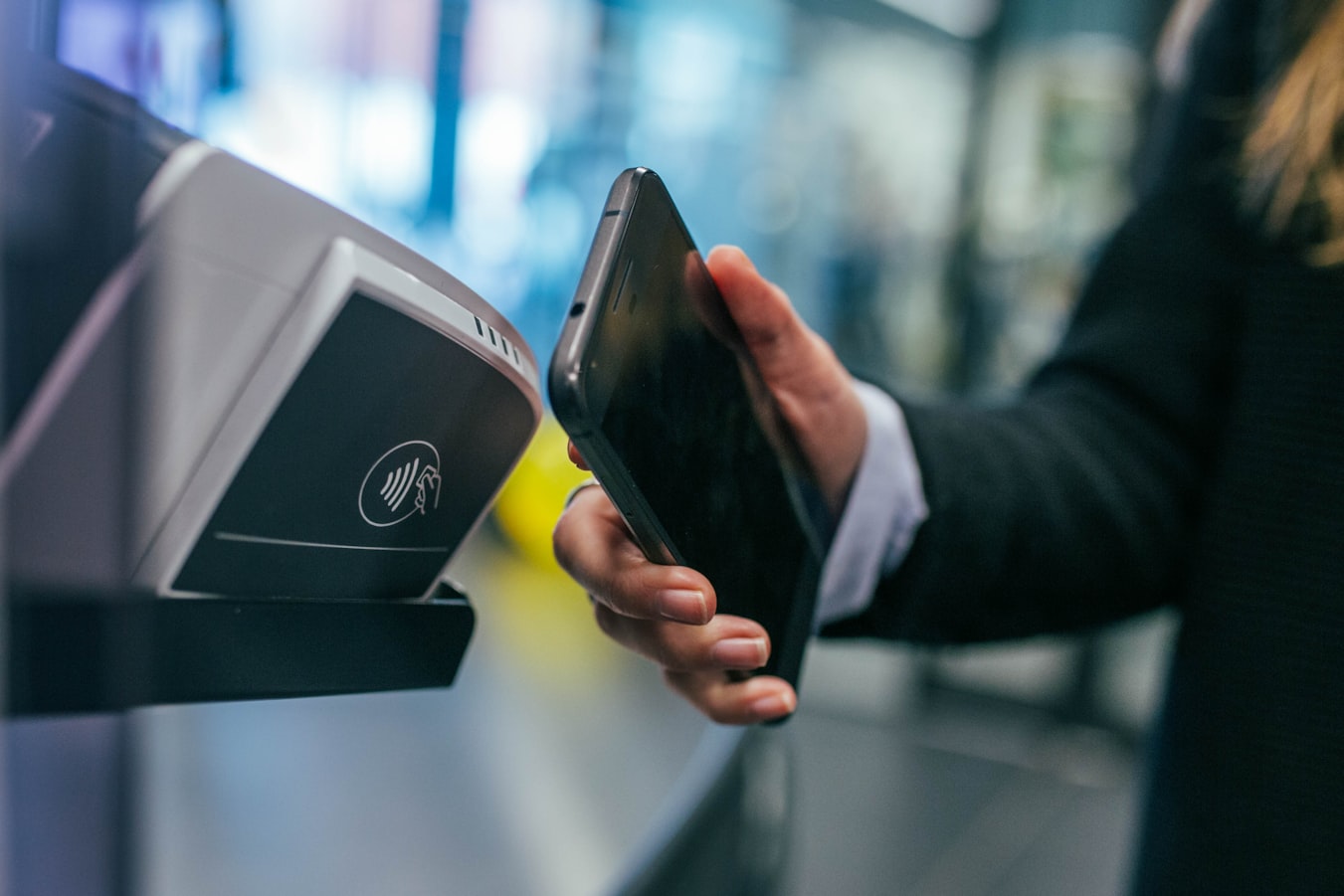In the modern business world, you haven’t much hope of success unless you maintain an online presence. Whether this means conducting your business wholly online, or simply having a website or social media profile where customers can find out more about your products and services, it’s clear that avoiding the matter simply isn’t an option anymore. But when it comes to doing business over the internet, both customer and vendor need to know that their safety and security are guaranteed. We have all heard horror stories about online transactions gone awry, or privacy measures being penetrated to expose confidential details. Thankfully, there are now many new payment methods that can be used online, and each one of them comes with increased protection for the user’s peace of mind. As technology becomes more sophisticated, so too do safeguarding measures and it is now safer than ever to conduct business on the web. Here, we’ve put together the most popular and most reliable payment methods to consider using, both when you are conducting business and when you are paying for goods and services yourself.
E-wallet
Once seen as risky and futuristic, e-wallets have now become the norm in many countries across the world. Whether you use Apple Pay, Neteller, Skrill, Google Pay or one of the hundreds of other choices available, they are all based on the same principles. An e-wallet enables customers to approve instant electronic transactions with a seller, both online and in person. This has had a positive effect on e-commerce, in particular, due to the relative speed and simplicity of an e-wallet transaction compared to having to fill out a form for a bank transfer or payment via credit or debit card. Many e-wallets still ask that you connect your profile to a valid bank account before making purchases, though some only require you to make a deposit of money into the e-wallet prior to any transaction. As cash payments become less and less common, even brick-and-mortar businesses are turning to e-wallets for a quick and easy payment option, now using them almost as much as their online counterparts do. It’s clear that e-wallets are here to stay and, what’s more, they are consistently receiving updates and improvements to make them even simpler to use, as well as more secure.

Pay By Phone
Not everybody wants to set up an e-wallet, however, or has the opportunity to do so. Happily, there is an alternative option open to anybody with a mobile phone contract, proving particularly useful to those who make a lot of online transactions using their smartphone. This is the Pay By Phone method which diverts any relevant transactions through your monthly phone bill. For example, the best pay by phone casinos are popular because, once the pay by phone account is set up, there is no need to go through even the minimal steps necessary to pay by e-wallet. Instead, the amount spent appears in your next phone bill, where you can easily double check any deposits made and keep track of your spending habits. This is a great choice for people who don’t want to use their personal bank account for online transactions, but likewise don’t want to set up a brand new e-wallet either. Added security comes from not having to divulge banking information, and the fact that no external devices or accounts are needed. Review sites like Casinos.co.za are a great resource when looking for a pay by phone casino as they test every aspect of each platform; this includes aspects like customer service, making sure that it is both reliable and accurate before recommending that particular platform.
Post Purchase Payment
Credit cards, whilst useful if properly managed, are still not the best solution for everyone and so several post purchase payment options have sprung up lately to fill the gap. Some of the most recognisable of these include Klarna and Afterpay, which are available through massive online retailers like ASOS, Monki, Gymshark and Made.com. The idea behind these services is very simple – select the post purchase payment option at checkout, and then spread the cost across a number of monthly instalments rather than paying all at once. This means that customers are more likely to go through with a purchase rather than sitting on the fence, as the transaction is broken up into manageable chunks spread across multiple pay checks.


